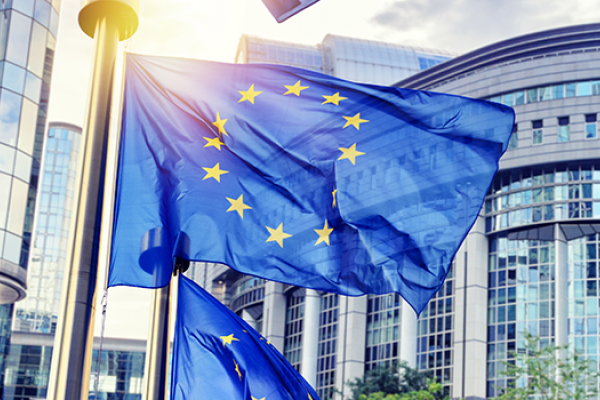How does EBRC’s sovereign cloud position itself with respect to the major global cloud platforms?
In an ecosystem in which most organizations have no other choice but to accept the conditions dictated by the major global providers, we stand out because we are very close to our clients. I believe that trust is a fundamental component of digitization. We develop Cloud services with a human face, through approaches and contracts tailored to the needs of our clients. For all those who wish to obtain strong guarantees with regard to their data or the continuity of their services, we build a personalized solution based on a cloud assessment, a risk and issue analysis. Identifying sensitive data and critical operations enables us to build an adapted cloud architecture: public, private or even hybrid cloud with hyper-clouds. We can activate connections to the global ecosystem thanks to our French partner InterCloud which has more than 100 points of presence worldwide.
Our clients benefit from all the possibilities offered by the Cloud while enjoying the guarantee that their data will be hosted in an ultra-secure environment. Unlike the major global stakeholders in the Cloud business for which data remains a commodity first and foremost, we consider data to be sacred and worthy of being protected with the utmost care.
Alongside creating tailored environments, EBRC also offers a range of innovations. What are those innovations?
Through our Cloud, we offer advanced DevOps services. This enables our clients to develop products or services faster while better ensuring that security and high availability issues are properly handled. We believe that agility and security must go hand in hand.
Two sovereign cloud initiatives funded by the French government failed. What assets will enable EBRC to succeed where others failed?
We have been focusing on Europe since the outset. Building a digital Europe is the only way forward if European countries want to regain control of their data. All the recent initiatives of the European Union are moving in this direction. They include the GDPR, the Cybersecurity Act, the European Cyber Security Certification Project and the NIS Directive. The NIS Directive sets out a framework for the enhancement of the Cyber-Resilience of Operators of Essential Services and Cloud service providers. As a stakeholder regulated by the financial sector supervisory authorities, EBRC already implemented such measures in Luxembourg. We have also joined Hexatrust, an association of some 60 innovative companies that advocates the emergence of a trusted, efficient and secure European cloud.
